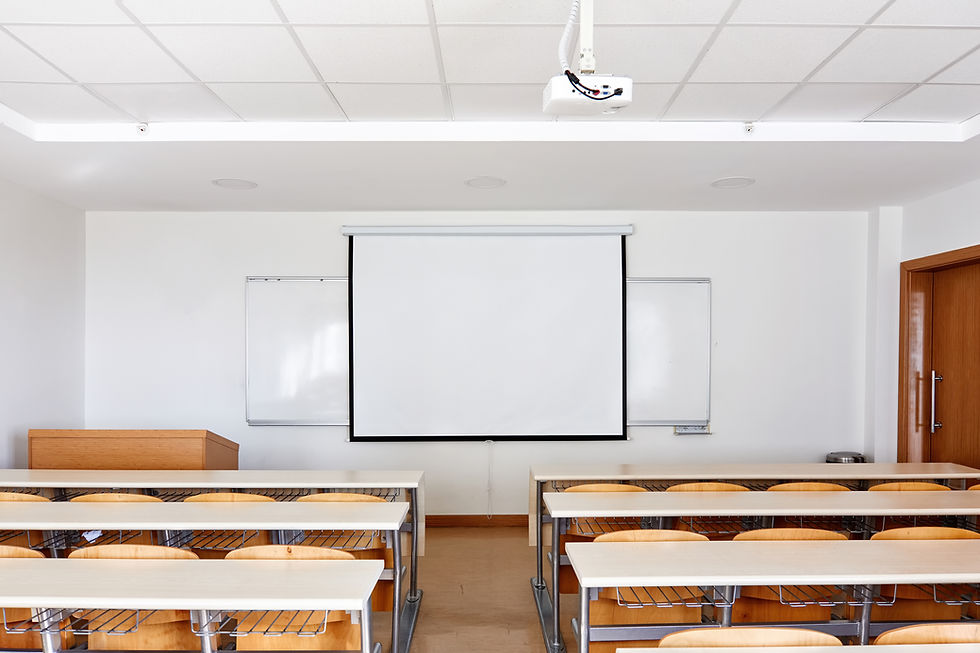Banned Books: Some Background
- Tara Prakash
- May 15, 2025
- 2 min read
By Naomi Sedwick '26, Sidwell Friends School
Across the United States, conservative groups are leading a renewed charge to restrict books they label as “obscene” – targeting stories that discuss race, sexuality, and gender identity. As detailed in The Guardian, this wave of censorship is reshaping the shelves of school and public libraries, with real consequences for students and communities.
Recent reports from the past few years indicate a continued rise in book bans and challenges in US schools and libraries, particularly those targeting LGBTQ+ and race-related content. The American Library Association (ALA) and Pen America have documented a significant increase in book ban attempts, with many states enacting laws restricting materials based on perceived “sexual content” or controversial themes. Journalist Eric Berger notes that “Texas state lawmakers are now considering senate bill 13, which would require that local school boards – rather than librarians – approve all books added or removed from school libraries.” Proponents argue that such measures protect children and uphold parental rights, while critics view them as a form of censorship that infringes upon intellectual freedom and the right to information. Additionally, supporters of these laws claim that parents should have more authority over their children's school reading materials; however, librarians, like Lucy Podmore, former chair of the Texas Association of School Librarians, say that parental involvement is already encouraged and valued in library practices.
Groups like Moms for Liberty have made attempts to censor books due to their personal, political, moral, or religious beliefs and “want the publicly-funded schools and publicly funded libraries to reflect their views” says Deborah Caldwell-Stone, director of the library association’s office for intellectual freedom, according to The Guardian. In Texas, for example, members of state Republican executive committees and subcommittees are concerned about the books that they feel have sexually explicit content and claim that these books sexualize children. However, when books are removed based on the objections of certain parents who consider them inappropriate, it prevents all students from having the opportunity to read and learn from them in school.
The implications of these bans are profound. By removing diverse voices and perspectives from educational spaces, there's a risk of erasing important narratives that contribute to a comprehensive understanding of society. Furthermore, these actions set a concerning precedent for the politicization of educational content and the marginalization of already underrepresented communities; banned books would have to be purchased which is not accessible and affordable for everyone.
It's essential to recognize the broader context of these developments. Ultimately, this fight is about more than just books; it’s about who gets to decide what stories are told and who gets to hear them. The push for book bans aligns with a larger cultural debate over the content deemed appropriate for students and the role of education in addressing complex social issues. As this conversation continues, it's crucial to advocate for inclusive educational resources that reflect the diverse experiences and histories that shape our world. As debates over education, identity, and censorship intensify, Americans are being asked to consider what kind of future they want their libraries – and their democracy – to reflect.




Learners benefit from enrolling in a programme that follows recognised academic standards. UNICCM emphasises the importance of organised learning frameworks. Structured delivery improves understanding and retention. This supports long-term development.
The global classroom at UNICCM exposes students to diverse practices, legal environments, and business cultures—valuable for anyone aiming to work internationally. Cross-border student cohorts foster multi-perspective discussions and broaden understanding of how different markets operate. Group projects often incorporate comparative analysis, giving learners tools to adapt solutions across jurisdictions. Exposure to varied viewpoints strengthens critical thinking and adaptability—key competencies in global roles. Graduates are therefore better prepared for international assignments and cross-functional teamwork.
One of the strongest advantages of enrolling at the College of Contract Management is the calibre of its teaching staff. The tutors are seasoned industry experts who bring years of experience into every lecture. Their insights, real-world examples, and professional guidance help students understand complex topics with clarity and confidence. This expert-led learning model ensures that each student gains not just academic knowledge but also practical strategies applicable to real projects and contracts.
The increasing restrictions on books in schools make it challenging to access diverse perspectives and maintain a balanced learning experience.
When I first started engaging with discussions around banned books, I realized how important access to diverse perspectives truly is. Just as literature shapes understanding, I’ve found that self-care treatments can transform confidence and clarity. One service I tried was skin smoothening dermaplaning, which left my skin brighter and softer while helping with texture and dullness. Much like fighting censorship gives people the chance to see themselves reflected, this treatment gave me a renewed sense of visibility and self-assurance.